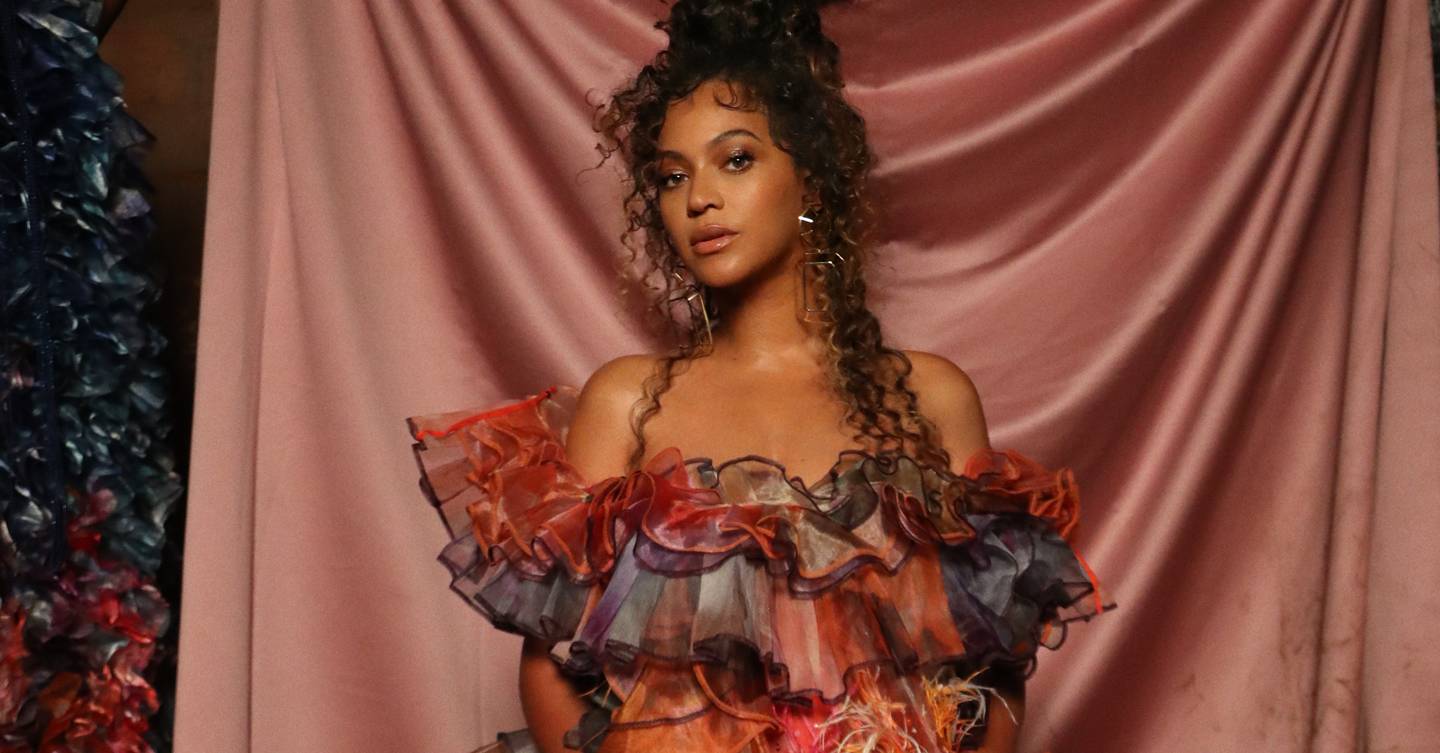The concept of the ‘visual album’ is most commonly associated with Michael Jackson’s 1982 hit album Thriller. And for many in my generation (who are either the last batch of millennials or the oldest gen z’ers), our oldest memory of the ‘visual album’ is Kanye West’s My Beautiful, Dark Twisted Fantasy, released in 2010 to high-acclaim and which gave us still much-loved hits like Power. Now, in 2020, while Kanye is suggesting that celebrated abolitionist Harriet Tubman “never actually freed the slaves,” the baton for the visual music form has been passed on to Beyoncé Knowles-Carter, and once again we have a masterpiece that we cannot ignore.
Early this morning or late in the night, depending on where you live, Beyoncé released Black Is King on Disney +, and it is also available on major South African and West African broadcasters too. Black Is King is the visual album based on the music of The Lion King: The Gift, that accompanied the release of the remake of the film The Lion King film last year, and is one of the three major projects Beyoncé has signed on with Disney for to the tune of a reported $100 million.
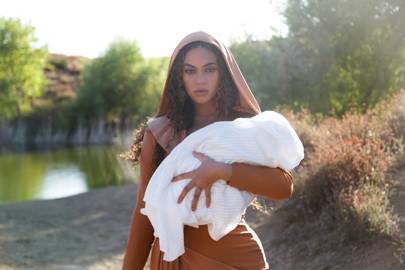
The visual album, at its surface, is a musical performance of the Lion King, with human characters taking the place of the animal creatures, but at its core, as Beyoncé told us hours before it aired, is a hope for a shift “in the global perception of the world black. Black is king means black is regal, and rich and history and purpose and lineage.”
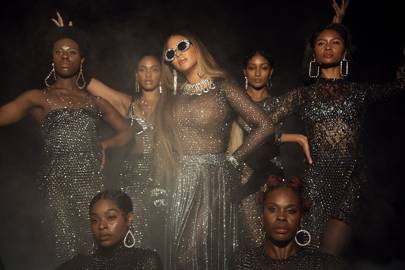
One has to remember that for over 400 years white supremacy was formally enshrined across the world, through global histories of enslavement, colonisation and refusal of civil rights and liberties. It was only really from the 1960s onwards that things started to change in major ways, that black people in several Western states were granted civil rights, that black people in the Caribbean and Africa were granted independence, and that Apartheid fell in South Africa, where in 1994 Nelson Mandela was able to emphatically proclaim “let freedom reign.”
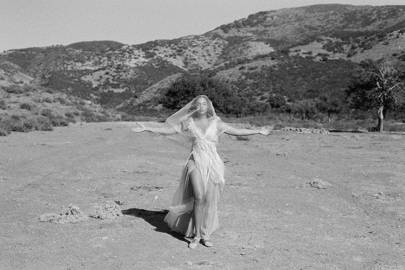
However, as we know more than ever today, in the wake of the Black Lives Matter movement, despite the global shifts of the twentieth century the vestiges of white supremacy still infect several parts of our society. Therefore, where movements like Négritude and Black Is Beautiful came before, Beyoncé has marked the beauty, versatility and importance of being black in this world through her visual album, which includes South African, Nigerian, Ghanaian, British and African-American collaborators.
Indeed, in one of the earliest teaser trailers for Black Is King, dropped earlier this year, Beyoncé can be seen reading from the work of Robert Farris Thompson. Which is fitting as he is the scholar who coined the term ‘Black Atlantic’, which subsequent scholars like Britain’s own Paul Gilroy, have popularised to describe how black people all over the world have indelible cultural connections with one another.
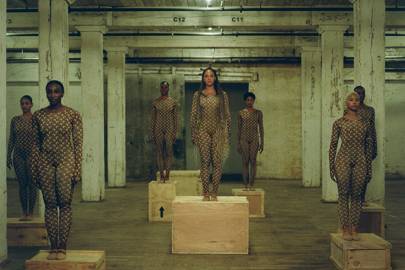
Therefore, throughout the ‘visual album’, cultural dance moves from South Africa to America’s ‘Dirty South’ are highlighted. Women carrying pots on their heads are depicted as regal, and indigenous African hairstyles are presented with the beauty that they encompass, far away from the policing they often garner in America, Britain and even parts of Africa for being “unprofessional.” Dark skin womanhood is celebrated, away from the scorn of colourism, and African prints are gloriously depicted in deep hues of reds, pinks, browns, blues, greens and golds. Perhaps most evocatively, as a Pan-African coloured American flag is waved half-way through the film, the narrator reminds us that Africa “never left you, it never will, remember who you are.”
In the summer of 2020, where we are publicly grappling with what our shared history means for our present and our future, Beyoncé has provided the global black community with a gift, a gift reminding us that “the people left MOST BROKEN have EXTRAORDINARY gifts.” As she notes in the dedication at the end of the film, with recollection of the beauty in our heritage we can push forward for a better future, we “are the keys to the kingdom.”
